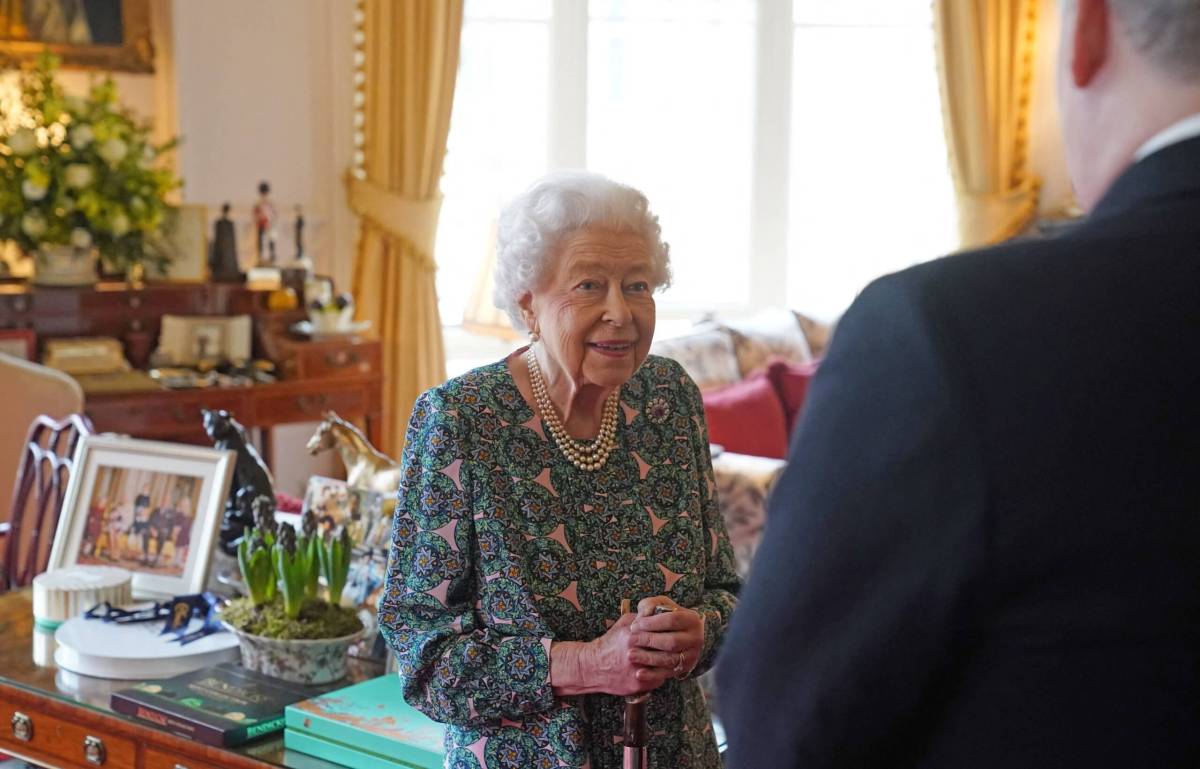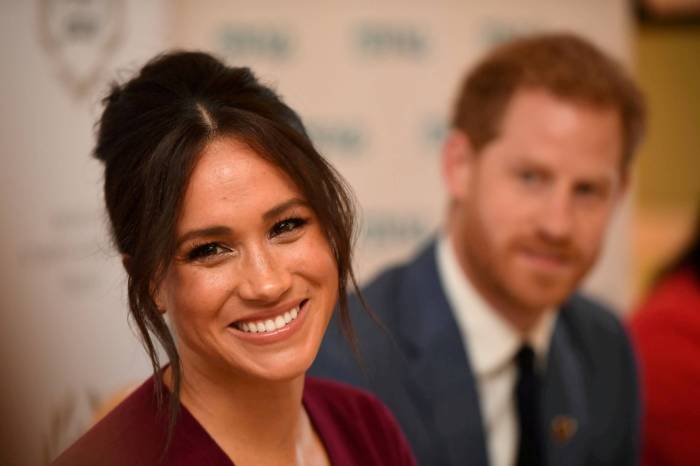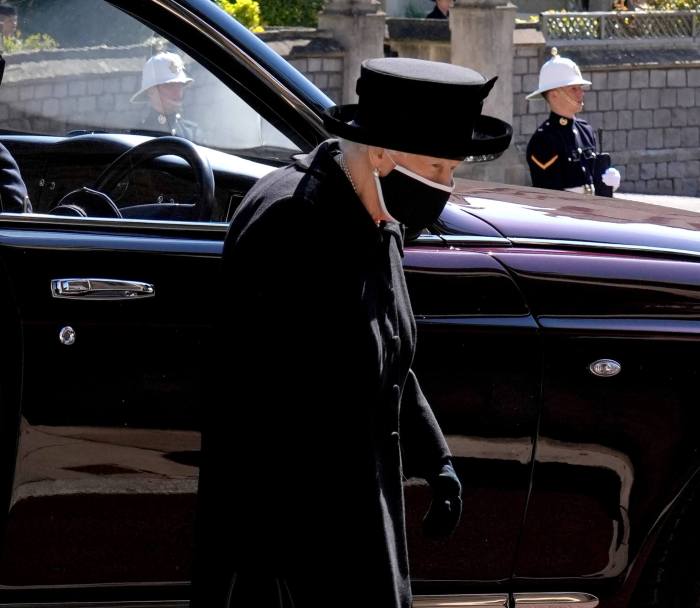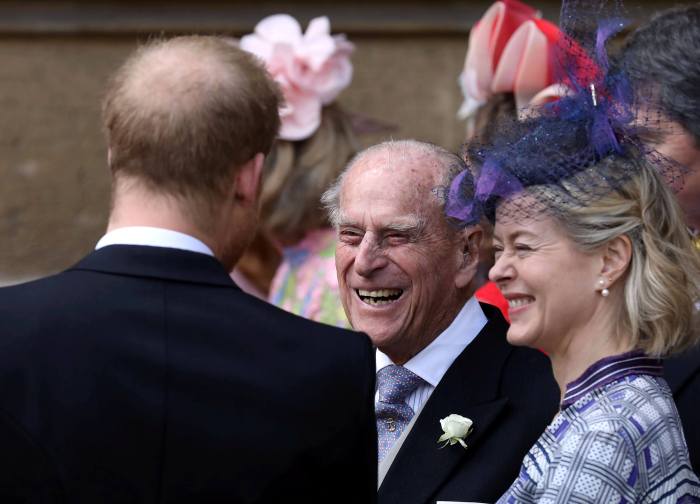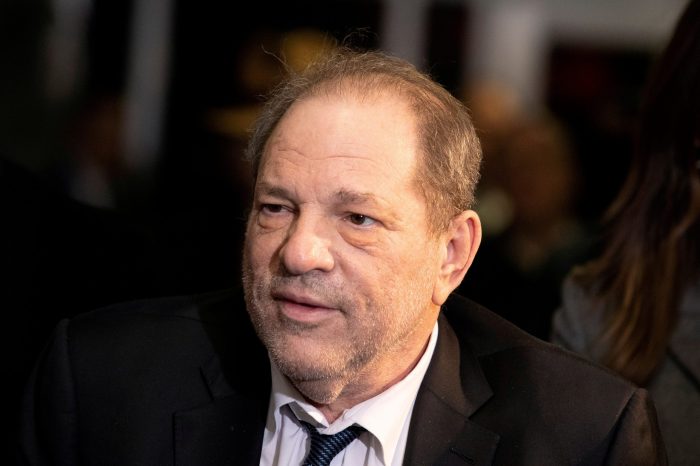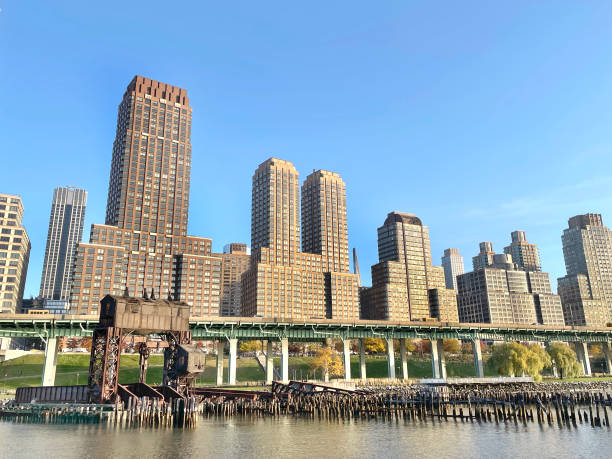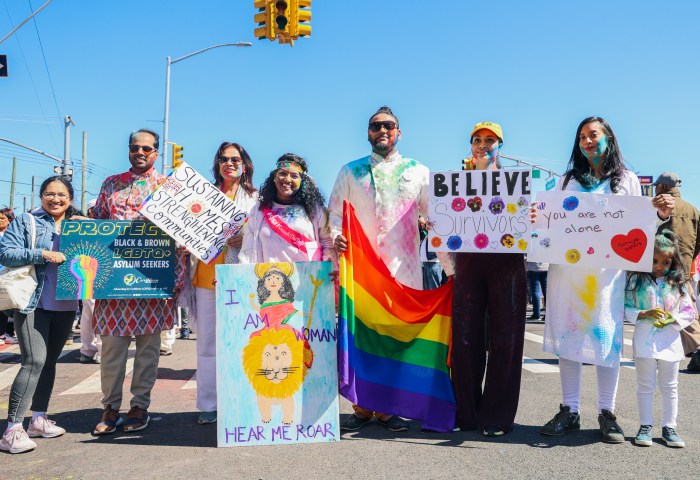Queen Elizabeth tested positive for COVID-19 on Sunday, sharpening concerns about the health of the world’s longest-reigning monarch two weeks after she marked 70 years on the British throne.
The 95-year-old queen, who has been fully vaccinated against coronavirus, quipped just four days ago to Palace staff that she could not move much, and she spent a night in hospital last October for an unspecified ailment.
“The Queen has today tested positive for COVID,” the Palace said. “Her Majesty is experiencing mild cold like symptoms but expects to continue light duties at Windsor over the coming week.”
“She will continue to receive medical attention and will follow all appropriate guidelines,” the Palace said.
Charles, 73, the heir to the throne, earlier this month withdrew from an event after contracting COVID-19 for a second time. A Palace source said he had met the queen days before.
Elizabeth, the world’s oldest monarch, quietly marked the 70th anniversary of her accession to the British throne in early February.
Elizabeth, became the queen of Britain and more than a dozen other realms including Australia, Canada and New Zealand on the death of her father King George VI on Feb. 6, 1952, while she was in Kenya on an international tour.
She is the first British sovereign to spend seven decades on the throne in a dynasty that traces its origins back almost 1,000 years to Norman King William I and his 1066 conquest of England.
Devotion to duty
In her record-breaking reign, Elizabeth’s achievement has been to maintain the popularity of the British monarchy in the face of seismic political, social and cultural change that threatened to make royalty an anachronism.
When she ascended the throne, Josef Stalin, Mao Zedong and Harry Truman were running the Soviet Union, China and the United States, respectively, while Winston Churchill was British prime minister.
Including Churchill, she has been served by 14 prime ministers – a quarter of the number in Britain since Robert Walpole 300 years ago. During her reign, there have been 14 U.S. presidents, all of whom she has met bar Lyndon Johnson.
Elizabeth’s quiet devotion to duty has won her support and respect in the United Kingdom and the broader Commonwealth, in contrast to the scandals that have engulfed other members of the royal family.
“Wishing Her Majesty The Queen good health and a speedy recovery,” opposition Labour Party leader Keir Starmer said. “Get well soon, Ma’am.”
While public affection for her remains strong, with about four in five Britons holding a favorable view, the monarchy itself has suffered a number of knocks, including a U.S. sex abuse court case against her second son Prince Andrew, raising questions about the long-term future of the monarchy.
Andrew last week settled the lawsuit by Virginia Giuffre accusing him of sexually abusing her when she was a teenager.
Andrew, a former associate of Jeffrey Epstein, the late financier and sex offender, has denied accusations that he forced Giuffre, who lives in Australia, to have sex at age 17 more than two decades ago.
British police said last week they had begun an investigation into allegations in media reports that honors were offered to a Saudi national in return for donations to one of Prince Charles’s charities.



